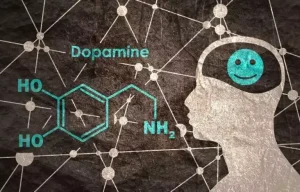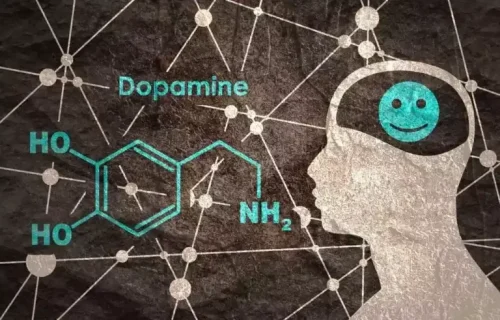
This is because diabetes and alcohol blackouts the liver is where excess glucose is stored in a form called glycogen. Talk with your doctor before drinking alcohol to make sure alcohol won’t reduce the effectiveness of your medication. It’s also best to have a meal or snack that includes carbohydrates when you are drinking alcohol.

Looking for more tips? Join the list
When blood sugar what is alcoholism levels dip too low, the liver converts glycogen into glucose. This glucose is released into the bloodstream to bring levels up to normal. Your healthcare provider will tell you how much alcohol is safe for you to drink. Depending on your health condition, that may mean no alcohol at all.

Understanding The Glycemic Index And Its Impact On Diabetes

However, some studies don’t account for frequency, the population being studied, and the types of beverages consumed. However, excessive alcohol consumption increases the risk of hypoglycemia (low blood sugar), hyperglycemia (high blood sugar), liver disease, and more. You may wonder if drinking alcohol is safe for people with diabetes. If you drink alcohol, there are some things you need to know first about alcohol safety. The risk for low blood sugar remains for hours after you take your last drink.
- Drinking alcohol when you’re living with diabetes can complicate your condition more than you might think.
- Alcohol takes longer to be absorbed into your bloodstream if you have food in your stomach.
- At this point, alcohol can affect blood sugar in ways that are especially important for people with type 2 diabetes.
- All alcohol contains about 7 calories per gram, which is more than carbohydrates (4 calories per gram) and only slightly less than fat (9 calories per gram).
- Drinking alcohol can lead to serious low blood sugar reactions, especially if you take insulin or types of diabetes pills that stimulate the release of insulin from the pancreas.
- In some cases, a glass of wine will constitute two units, and a pint of beer can even reach three units.
Discover more about Type 2 Diabetes

Check with your doctor to make sure alcohol doesn’t interfere with your medications or complicate any of your medical conditions. Drinking alcohol can lead to serious low blood sugar reactions, especially if you take insulin or types of diabetes pills that stimulate the release of insulin from the pancreas. Alcohol can also affect other medical conditions you may have, like diabetic nerve damage, diabetic eye disease, and high blood triglycerides. Some people who take oral diabetes medicines should talk with their provider to see if it is safe to drink alcohol. Alcohol can interact with diabetes medications and impact your blood sugar.
- By understanding how alcohol interacts with your body, preparing properly, and keeping communication open with loved ones, you can enjoy social occasions without compromising your health.
- Alcohol stimulates your appetite and may affect your judgment, which may cause you to overeat and disrupt your blood sugar control.
- The exception is sweet dessert wines, which pack 14 grams of carb in a tiny three-and-a-half-ounce glass.
- A can of light beer may have only a handful of grams of carbohydrates; a regular beer about a dozen.
- Low blood sugar symptoms can mimic intoxication, making it difficult for others to recognize a medical emergency.
- The pancreas, which is located behind the stomach, serves two functions.

Several factors influence the extent of alcohol’s impact on blood sugar. The type of alcoholic beverage, the amount consumed, the presence of other sugars (like in mixed drinks), and the individual’s overall health and diabetes management strategies all play a crucial role. In tropical countries, dehydration – a common issue in hot weather – can further exacerbate these effects, making it even more challenging to regulate blood sugar. Therefore, careful monitoring of blood glucose levels before, during, and after alcohol consumption is crucial.